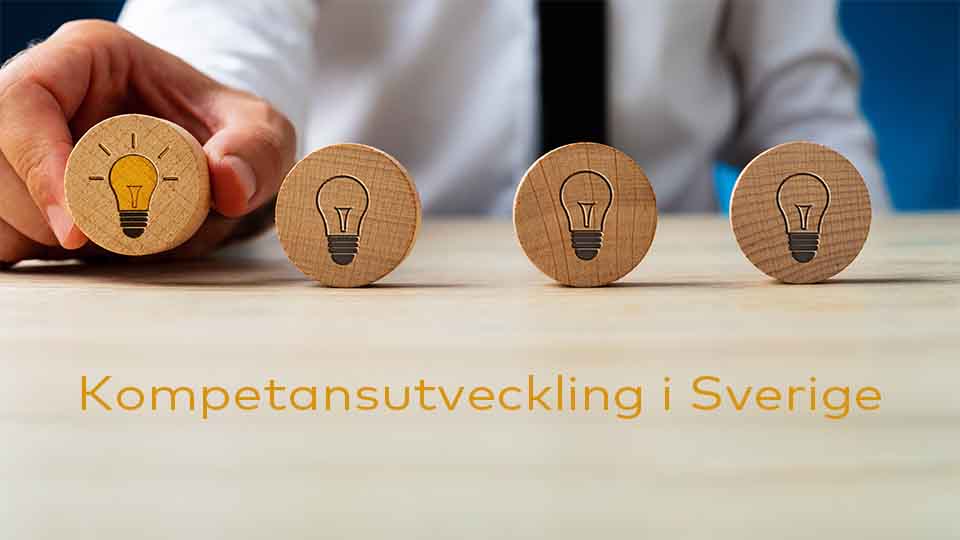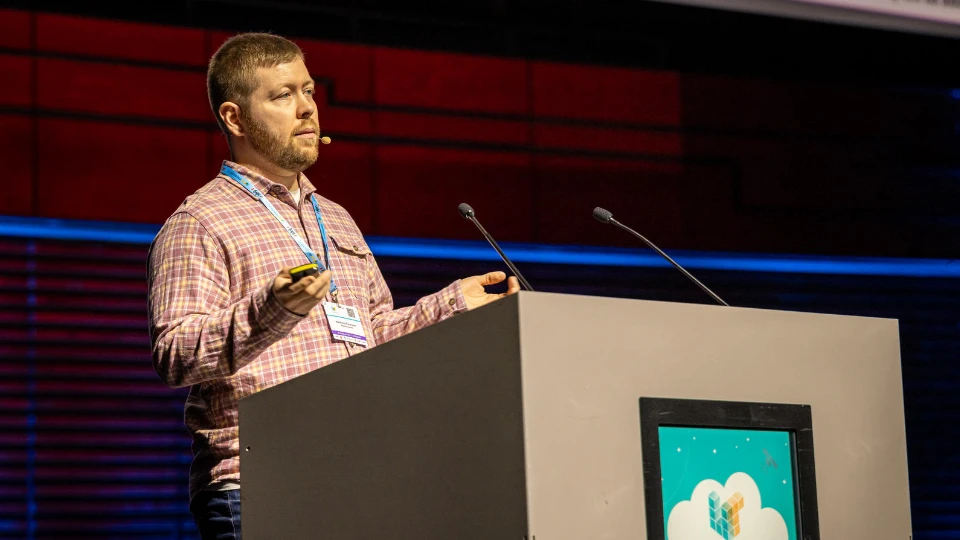NVL i Sverige skapat en referencegrupp som valde tema som var aktuellt og relevant i Sverige. Målet var att utarbeta kriterier for at samla inn eksemplen, medverka till diskussion och komme overens om utvecklingsområden som gruppen önskat belysa.
I den svenske referencegrupp medvirket: Gunnar Falkeby, Folkbildningsrådet, Kajsa Pösö, ViS, Mohamed Chaib, Encell, Nils Friberg, VLC Kristianstad, Per-Erik Ellström, Linköpings Universitet, Ingegerd Green, medlem av Nordisk grupp og Asta Modig, NVL/Skolverket
Referensgruppens uppgifter kan sammanfattas enligt nedan
- Målet är att samla in ”best practise cases” som beskriver projekt/insatser däe utbildning används för att möta problem/utmaningar på arbetsmarknaden.
- Gruppen diskuterar och byter erfarenheter kring pågående arbete med vuxnas lärande och kommer överens om ett utvecklingsområde/en utmaning som gruppen önskar belysa ytterligare.
- Seminarier/hearing genomförs för att hitta goda exempel från olika utbildningssektorer. Gruppen väljer 4-5 cases som visar på bra lösningar ”best practise” inom valt område.
På grunnlag av kriterier som gruppen ble eniga om valgtes följande eksemplen från Sverige
KrAft
The reason for the krAft programme was the fact that the relations between universities and companies needed to be strengthened. KrAft was rather a new way of organising cooperation between universities and small business companies.
The acronym krAft (which is Swedish for “power”) should be decoded as “K” for competence/knowledge, “R” for reflection, “A” for business development and “T” for growth.
The acronym mirrors the belief that business development in SMEs is not primarily about simple knowledge transfer. We believe that knowledge is not a product that can be easily transferred. Knowledge is something that develops in the minds of people when they are exposed to stimuli (competence/knowledge) that make them reflect on their present situation. Further, and perhaps most importantly, business development is about “getting your act together” and take action to grow the business. Based on these assumptions, we have developed a new approach for fostering business development initiatives in SMEs.
The SKTC method
A validation and certification system for the metal cutting workforce
By the end of the 20th century the internationalisation of the industrial life and society reached its peak. In many places in Sweden you could see privately owned companies being sold to investment companies, others were bought by international owners and many Swedish companies moved all or part of their production to low wage countries. New techniques were rapidly increasing and the demand for well skilled workers became obvious.
The question of competence got more and more important and the staff was considered more and more as the most important resource for the companies. At the same time one could see that the traditional forms of education were not enough. Learning at the places of work and new methods to integrate the learning were developed. The increasing learning also meant that the demand to describe the tacit knowledge which was the base for many skilled workers increased.
Steps for Skills
Quality and skills development in health and social care for older people
The situation when starting the project was that about 40 % of those working with older people lack relevant education within the area. The middle age is high and many employees will retire within the next ten to fifteen years. Few young people apply to the upper secondary school program for health- and social workers (gymnasieskolans omvårdnadsprogram) and even fewer to the programs directed towards older people.
At the same time it is not difficult to recruit people and also young people to work with older people for a limited period. However, these lack adequate education as well. Therefore it is a great demand for education which cannot be met by ordinary means.
To be able to give a qualified health and social care to older people a third way more flexible and closer to reality may be necessary.
Vincent
Educating SMEs using folk-high schools
SMEs are very important for the Swedish economy with their strategic importance for growth and development. However the managers of the SMEs are very often low skilled which make them a target especially for the folk-high schools. The demands are increasing and the SMEs are aware of the necessity of increased competence and the importance of knowledge. The Swedish Federation of Business Owners (Företagarna) has during many years developed an interactive education for SMEs “Vincent” together with the Gothenburg folk-high school. The project aims at creating a network of folk-high schools working with Vincent an interactive development programme for SMEs and flexible learning.



